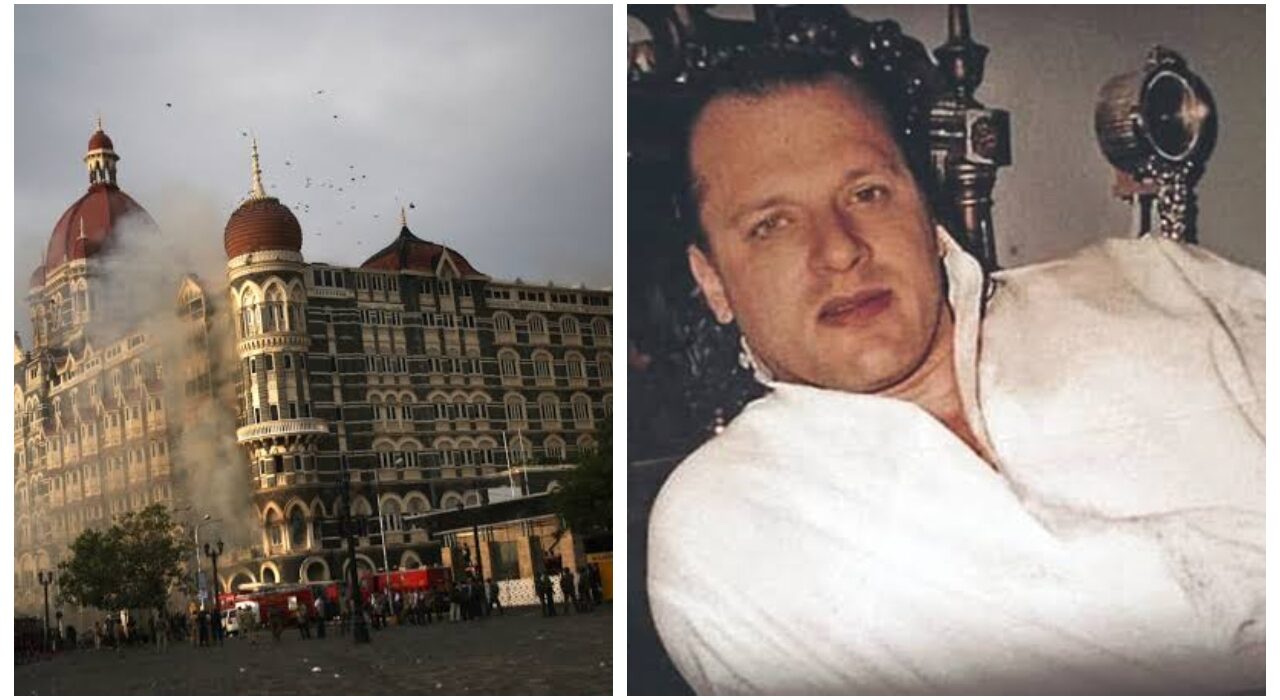India has received multiple rejection notices about David Headley extradition’s case from the US, pointing out the “pre-signed” extradition agreement as one of the reasons. This has been an ongoing source of tussle between the two countries.
Headley, who is seen as one of the masterminds behind the 2008 Mumbai terror attacks, had gone about scouting and identifying the targets himself. Yet, he was serving his sentence here in Chicago, for India had rejected all its extradition requests when it finally dawned on everyone that he was the man who had helped orchestrate such havoc.
The US has countered that a “pre-signed” agreement shields Headley from extradition. Headley entered into a plea bargain with the US Department of Justice, wherein part of the plea was an assurance against extradition.
David Headley extradition’s case gets complicated despite passage of time
Though Indian investigators were allowed to question Headley in 2016, which was supervised by the United States, his testimony revealed all details relating to the involvement of Pakistan in the attacks. According to him, it is Pakistan’s ISI that funded and briefed him and provided him with resources for the operation.
It showed flexibility on the issue of extraditing Headley, pointing out that the US cannot ask India to extradite Vikas Yadav, a former Indian officia. In another case while it is protecting Headley, the US has stuck to its guns on all those issues that made Indian officials frustrated. The US has remained unmoved despite this and the fact that the Taj Hotel, one of the prime targets, was found to have been visited by Headley on two occasions in 2007.
Can India leverage Headley’s case?
Yadav, connected to an alleged conspiracy against a Sikh separatist, has yet to be convicted in court, a stage usually after which extradition requests are typically made. However, India can leverage the case of Headley if the US still insists on extradition of Yadav.
Unlike with successive administrations of the United States of America, the Biden-Harris administration has done nothing so far about changing the issue of Headley’s extradition.
Indian authorities claim this inconsistency undermines cooperation. More than seven years since he was first charged, the issue of Headley’s extradition stays unresolved and remains a contentious point in US-India relations.
Extraditing Yadav would mean India has to fight back, where it can put across its concerns by citing the issue of Headley’s extradition as an unresolved headache. The case related to extradition is one of the two burning issues that could not be resolved between the two countries.
Also, see: Joe Biden Unexpected Withdrawal from 2024 Presidential Race
